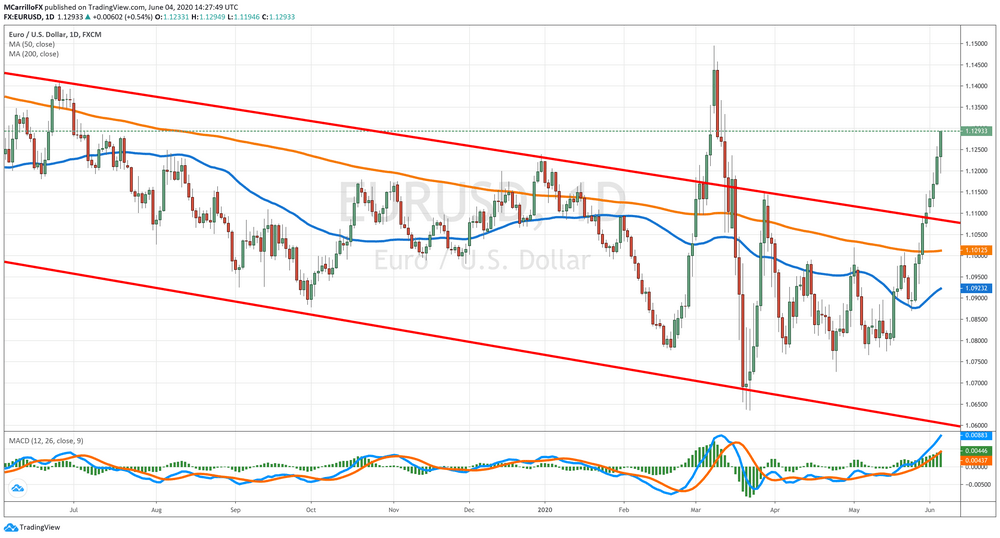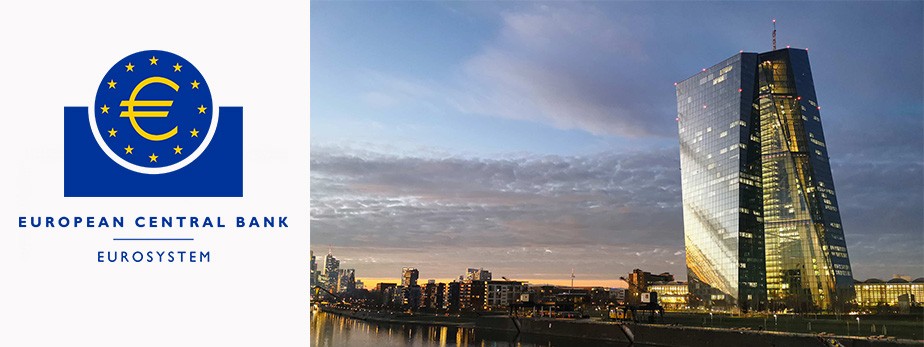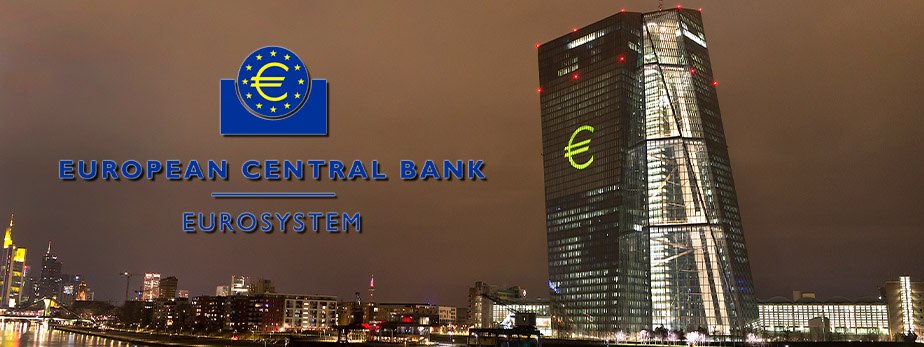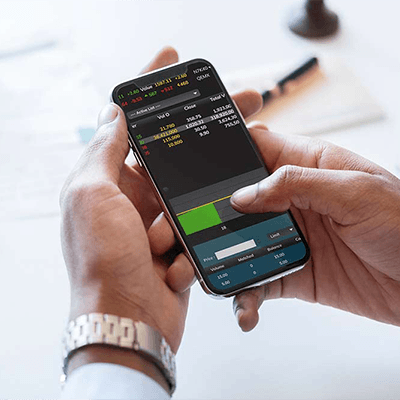ECB Delivers And Boosts PEPP Program by €600 More Billions; Euro up
"PEPP has prevented a downward spiral in financial markets" due to the impact of the COVID-19 pandemic not only in the euro zone, but in the entire world. With these words, ECB president Christine Lagarde announced the six points decision taken by the central bank to support and promote the European economy in the post-coronavirus world.
The European Central Bank exceeded expectations on June 4 with a considerable boost of €600 billion in its Pandemic Emergency Purchase Program to a total of €1.35 trillion. It is a significant movement, especially for a bank with a conservative character that usually avoids too many fireworks for its regular monthly monetary policy meetings.
But investors cheered the decision, and they started to buy the euro against its major rivals, including the US dollar. After the announcement, the EUR/USD jumped to trade at its highest level since March 12 near to 1.1300.
The euro is now trading positive against the dollar for the ninth day in a row as it eased initial declines at the opening of the day.
Frankfurt And Berlin Drive The European Economy
On Wednesday, Germany Chancellor Angela Merkel announced an agreement with its government partners to approve a €130 Billion stimulus package to fight against the German economy's COVID-19 pandemic impact.
The market welcomed the decision as it included a temporarily cutting value-added tax from 19% to 16%, a check of €300 per child, and additional electric car purchases rebate plan. Besides, the government established a €50 billion fund for climate change, innovation, and digital transformation programs in Germany.
At the moment of the announcement, Merkel highlighted the situation that Germany and the whole European Union is passing through the COVID-19 pandemic.
Merkel told reporters in Berlin:
It's clear that all of this requires a bold response, It's about securing jobs, and keeping the economy running, or getting it going again.
That happened in Berlin yesterday.
Today in Frankfurt, on the other side of Germany and with the agreement of the whole European Union, the European Central Bank made another foundation for the Post-COVID Europe.
The ECB announced the expansion of its PEPP by €600 Billion to a total of €1.3 Trillion. Also, its extension to at least June 2021 or as far as the Governing Council "judges" that the COVID crisis is over.
The ECB statement said:
The purchases will continue to be conducted in a flexible manner over time, across asset classes and among jurisdictions. This allows us to effectively stave off risks to the smooth transmission of monetary policy.
The council also decided to approve the reinvestment of the maturing principal payments from securities under the PEPP until at least the end of 2022. Also, the APP program will keep its monthly pace of €20 Billion and an additional €120 Billion temporary envelope until December 2020.
The ECB is also committed to reinvesting all principal payments from maturing securities purchased on the APP beyond the period when the central bank decides to increase key interest rates.
Finally, the ECB maintains its interest rate unchanged, and they expect it to remain at the same levels until the inflation outlook comes close to the target of 2.0%.
ECB Key Decisions in a Nutshell:
- Boosts PEPP by €600B to €1.3T
- Extension of the PEPP to at least June 2021, one more year from now
- Reinvest QE well beyond ECB first rate hike
- Keeps interest rate unchanged at 0.0%, deposit at -0.5%
European Outlook Looks Gloomy

In her statement, ECB president Christine Lagarde said that the Eurozone's economic contraction in the second quarter of 2020 is unprecedented. The bank sees 2020 GDP at -8.7%.
However, the council has seen some bottoming out of the economy in May, and the economy is expected to rebound in the third quarter. In any case, the recovery speed and the scale remain highly uncertain.
At the moment, expectations are for an 8.7% decline in the 2020 GDP, with a rebound of 5.2% in 2021 and a 3.3% rise in 2022. A substantial downward revision from March expectations.
- 2020: -8.7% vs +0.8% expected in March
- 2021: +5.2% vs +1.3% expected in March
- 2022: +3.3% vs +1.4% Expected in March
Inflation was also revised down in Today's meeting:
- 2020 +0.3% vs +1.1% in March
- 2021 +0.8% vs +1.4% in March
- 2022 +1.3% vs +1.6% in March
EUR/USD Heading to 1.1300

The Euro reacted positively following the ECB decision today. After starting the day with minor declines and more in a consolidation mode, the EUR/SUD recovered losses and broke Wednesday highs to trade at its highest level since March 12 at 1.1290.
The EUR/USD is now trading positive for the ninth day in a row, and it seems destined to test the 1.1300 level later on the week. All focuses pass now to Friday's Nonfarm payrolls data and the US employment report.
Next resistances are now at the psychological level at 1.1300, and then the 1.1350. Above that, June 2019 highs at 1.14010 and current 2020 highs at 1.1500.
FXStreet analyst Yohay Elam highlighted in a recent article:
It is essential to note that the Relative Strength Index is above 70, pointing to overbought conditions, but the currency pair has previously hovered around oversold or overbought territory before moving out of it.
On the other hand, the dollar index remains under pressure as reported yesterday by Expert Investor in a report called "EUR/USD Extends Rally While DXY Heads to 5-10 Years of Weakness". DXY is now trading down for the eighth session in a row and testing levels not seen since March 12 below the 97.00 area.

Mauricio is a newer member of the team and a very welcome addition. He is a financial journalist and trader with over ten years of experience in stocks, Forex, commodities, and cryptocurrencies. This experience means he has an excellent understanding of the markets and current events.

 News Home
News Home
 Privacy Policy
Privacy Policy
 About Us
About Us








